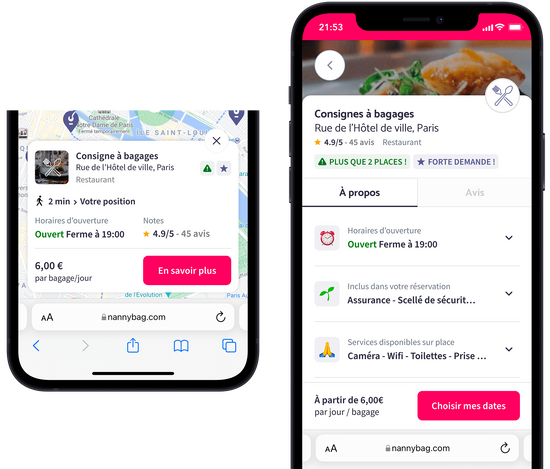Rio Travel: Entry and Exit Requirements for Travel to Brazil
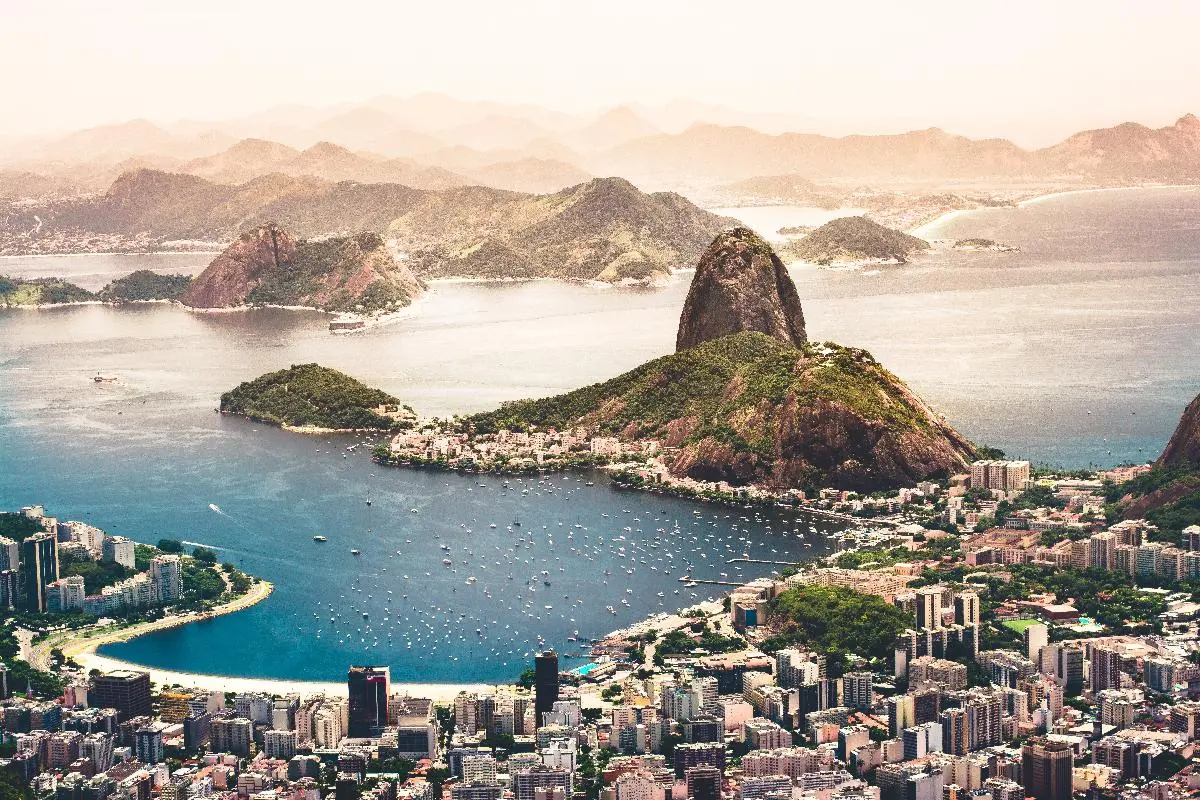
Planning a trip to the land of samba and sunshine? Before you pack your bags and head to Brazil, let's talk about the not-so-fun but super-important topic: the requirements for travel to Brazil. Understanding Brazil entry and exit procedures, visa requirements, and other travel essentials ensures your trip is as smooth as a Rio carnival parade!
To make your trip even smoother, consider using luggage storage Rio. It's a lifesaver for storing your bags while you explore the city hassle-free. Nannybag offers a secure and convenient solution by partnering with local businesses and hotels where you can drop off your luggage.
Brazil Visa Requirements
Brazil's visa policy requires most tourists to obtain a visa before arrival. The good news is that the application process is generally straightforward. You can apply online or through the nearest Brazilian consulate. Make sure to check the specific requirements based on your nationality, as some countries have reciprocal agreements that might simplify the process.
90 Days of Fun
A standard tourist visa for Brazil typically allows a stay of up to 90 days, ideal for those looking to immerse themselves in everything Brazil offers, from its sun-soaked beaches to its vibrant cultural festivals. Some visas may be extendable, so if you do not want to leave, there might be an option to prolong your adventure.
Traveling to Brazil
Before heading to Brazil, ensure all your travel documents are current. Your passport must be valid for at least six months beyond your stay. Also, keep digital copies of your passport and visa in case of loss or theft. It’s also wise to understand the entry requirements related to COVID-19, as these can change.
Special Situations
Traveling with Kids
You'll need additional documents when traveling to Brazil with children, especially as a single parent or a guardian. A notarized letter of consent from the other parent or legal guardians is often required to prevent child abduction concerns. Also, carry the child’s birth certificate. Legal documentation proving your relationship with the child may be necessary if you're a step-parent.
Brazilian Citizens and Dual Nationals
Brazilian citizens, including those with dual nationality, must enter and exit Brazil using a Brazilian passport. This rule applies even if you have another nationality. Ensure your Brazilian passport is up to date well before your travel dates.
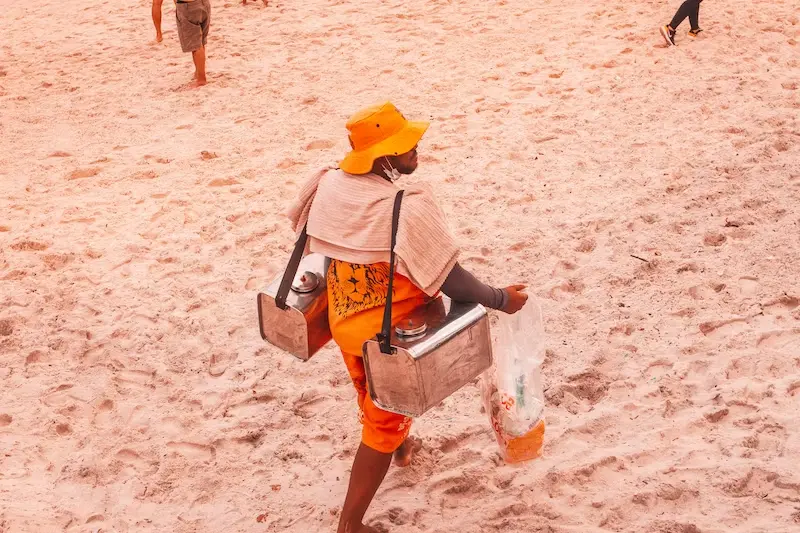
Visa Waiver and Extended Stays
Visa Waiver Countries
Travelers from visa-waiver countries can enter Brazil without needing a visa, simplifying their travel preparations significantly. However, staying updated with the latest visa policies is crucial, as these can change. The list of visa waiver countries often includes several European nations, North American countries, and more, but always verify your eligibility before booking your trip.
180 Days of Adventure
For those wishing to immerse themselves deeper into Brazilian culture or explore the country more extensively, it's possible in some cases to extend a tourist visa up to 180 days within a 12-month period. This option is perfect for long-term travelers, digital nomads, or those on sabbatical. However, this extension is not automatic and requires an application through the Federal Police in Brazil. It's best to check the specifics and requirements with the Brazilian Consulate or Embassy well before your intended extended stay.
Practical Tips for Travelers
Credit Cards and Cash
In Brazil, having a mix of credit cards and cash is crucial. While credit cards are widely accepted in major cities and tourist destinations, smaller towns, rural areas, and local markets often operate on a cash-only basis. It's also important to have small bills for day-to-day expenses like public transportation, street food, and tips. Using a credit card for larger purchases can provide security and convenience, but always keep an eye on your card to prevent fraud.
Keeping Documents Safe
Safeguarding your travel documents is essential. Keep your passport, visa, and other important papers in a secure place, such as a hotel safe or a locked suitcase. It's also a good idea to have photocopies or digital copies of these documents in case of loss or theft. This can save a lot of time and stress if you need to replace them or prove your identity.
Consult the Consulate
Always consult the nearest Brazilian Consulate for current information regarding visa requirements, entry conditions, and travel advisories. The consulate can also provide valuable information about local laws, health recommendations, and cultural nuances that could impact your stay in Brazil.
Health and Safety Precautions
Check health and safety advisories before traveling. Depending on your itinerary, you may need vaccinations or specific health precautions. Also, familiarize yourself with local emergency numbers and the location of the nearest hospital or clinic in the areas you'll be visiting.
By staying informed and prepared, travelers can ensure a smoother and more enjoyable experience when visiting Brazil, whether for a short holiday or an extended exploration of this diverse and captivating country.

Preparing for Your Trip
Passport Validity and Visas
Before embarking on your journey to Brazil, ensuring that your passport and visa are in order is crucial. Your passport should have at least six months remaining validity from your planned entry date into Brazil. This is a standard requirement for most international travel and is essential for smooth entry into the country.
Visa Requirements
Depending on your nationality, you may need to apply for a visa to enter Brazil. Check the latest visa requirements for your country well ahead of your trip. If you do need a visa, apply early to avoid any delays. The process can sometimes take several weeks, especially during peak travel seasons.
Visa Application Process
The visa application process typically involves filling out an application form, providing various documents (like proof of travel plans and accommodation), and sometimes attending an interview at a Brazilian consulate or embassy. Make sure to check the specific requirements and procedures for your country.
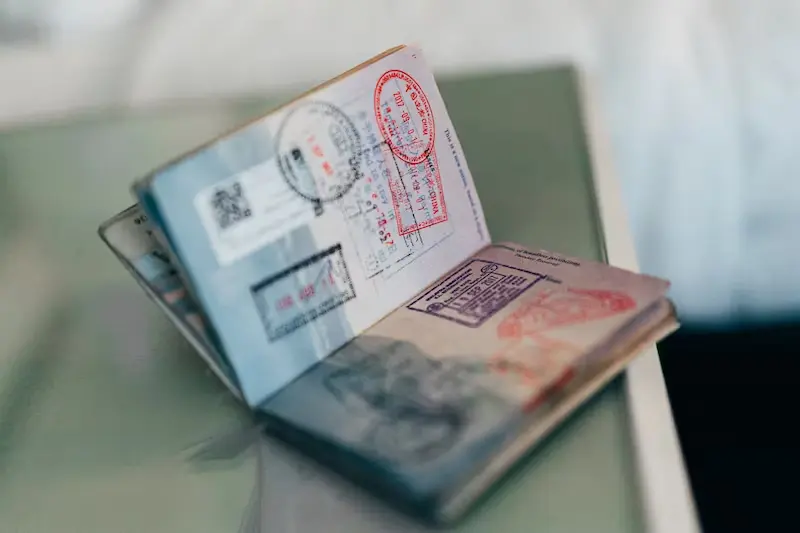
Additional Travel Documentation
Apart from your passport and visa, there might be other documentation required. This can include:
Travel insurance: Some visas might require proof of travel insurance.
Proof of onward travel: You might need to show a return or onward ticket to another destination.
Vaccination certificates: Depending on where you're traveling from, you may need to show proof of certain vaccinations.
Understanding Brazilian Customs and Entry Regulations
Familiarize yourself with Brazilian customs regulations, including what items you can bring into the country and in what quantities. This information can typically be found on the Brazilian Customs website or by contacting the nearest Brazilian consulate.
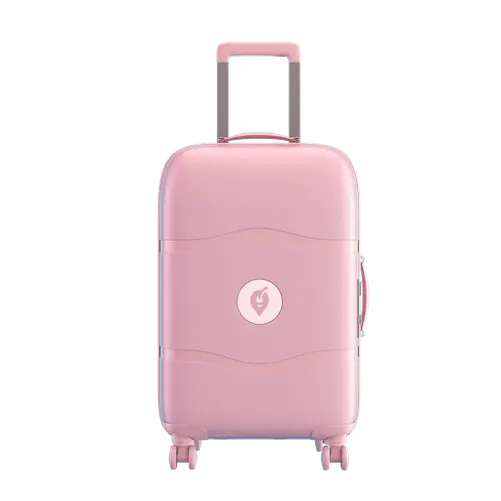
Say hello to exploring and goodbye to heavy bags!
What if you could enjoy every minute in the city without the burden of your bags?
- Safe luggage storage for a flat daily price of R$24.00/luggage item
- Included luggage protection of up to €10000 in case of breakage, loss or theft
